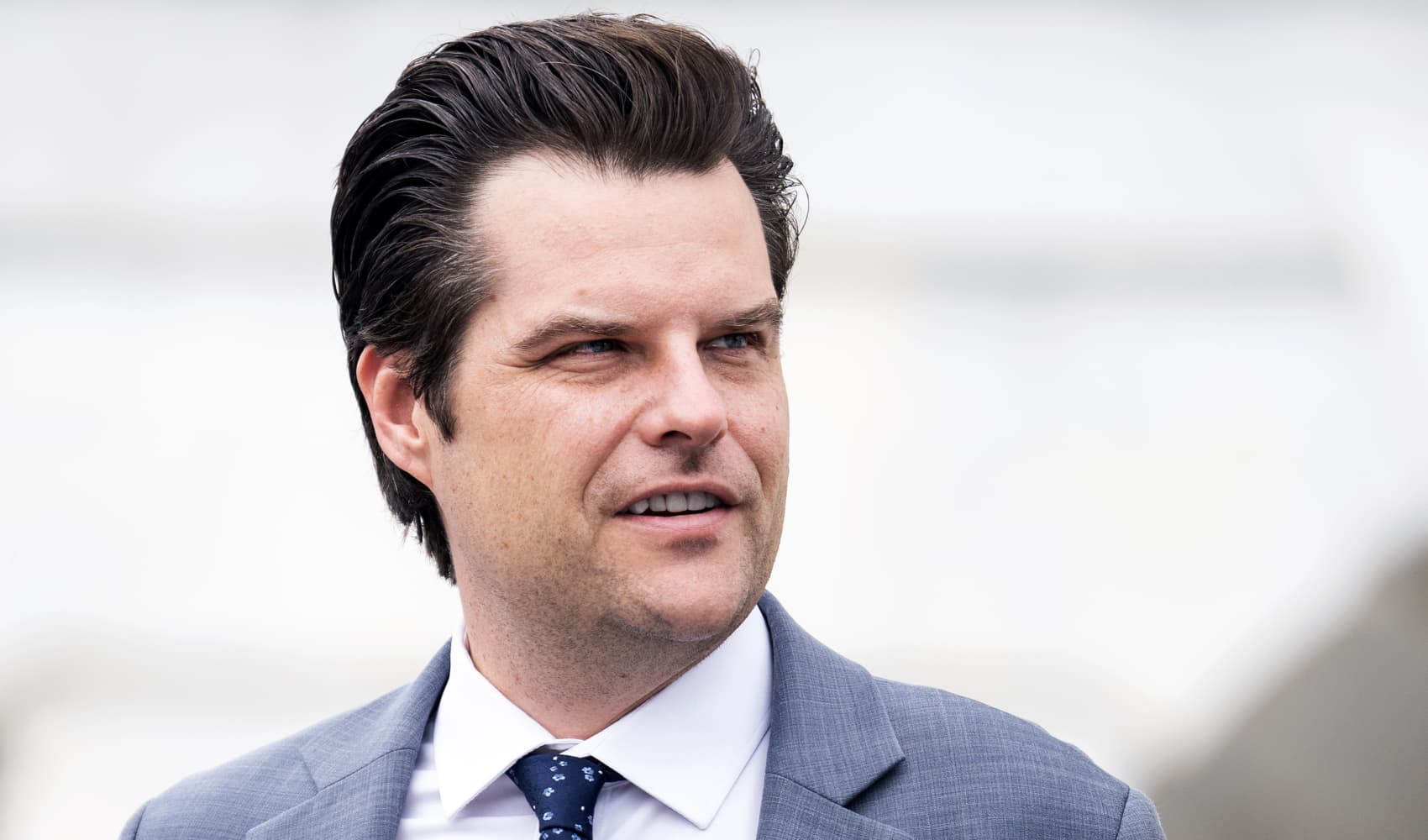Fresh off the conviction of Harvey Weinstein for the rape and criminal sex acts against two actors, Manhattan's top prosecutor said the verdict could help change the landscape for sex crime trials forever.
"I do think that with cases like Harvey Weinstein, we are understanding better ... that there is no perfect rape victim and that victims of sexual assault behave in many different ways when they are assaulted sexually," said District Attorney Cy Vance in his first TV interview with NBC New York since the conviction Monday.
"This was a very powerful man who used his power, his influence, his connections, his spies, his attorneys, his publicists — all to keep women either in check and unable to speak or to destroy them if they did speak. So for Harvey Weinstein to be finally found guilty and culpable is a major step not just for the DA's office but I think for survivors of sexual assault around the country, and I think the reaction suggests even broader than that."
Vance believes the case dispelled myths about what the so-called "perfect rape victim" is — the belief that rape only occurs between strangers, and that victims wouldn't ever maintain contact with their abusers.
"Since 2017, there has been an evolving awareness and greater understanding in the larger American community that what we thought about rape in years past is really not necessarily the dynamic about sexual assault that exists today," he said. "These were six women, each of whom testified at painfully and openly and honestly about their experiences ... the jurors saw them, believed them ... that's a new landscape."
Vance acknowledged that his team faced an uphill battle to get a conviction, given the relationships that victims Mimi Haleyi and Jessica Mann maintained with the movie mogul — especially other consensual sexual encounters. But he said that their belief in the women's stories led them to believe that a jury would see it the same way.
And despite the nearly unanimous cheers that Vance and his team received after the verdict came down, there were many — including the press, police and the public in general — before and during the trial that were upset Weinstein hadn't been brought up on charges sooner, and blamed Vance directly for the delay.
News
The DA said he doesn't respond to pressure from outside entities when it comes to making his decision whether to pursue charges. Instead, he chooses to have his team focus on "what can we prove" rather than just what might have happened.
"While we respect the police department, they have a different job and they operate on making arrests on probable cause," said Vance. "Our responsibility is to prove cases beyond a reasonable doubt, and that is to get 12 people in a jury to believe unanimously that all the elements of the crime [were] committed. So they're two very different burdens."
He even acknowledged that the difference in prerogatives sometimes causes some tension between between his office and the public, and even police departments. In particular, Vance's decision to not pursue charges in 2015 against Weinstein angered critics who believed there was a legitimate groping case to be made. However, Vance said that he does not regret passing on that case because he wasn't certain they could prove the case beyond reasonable doubt.
"When survivors come and talk to us we, it's important that they know that we will listen to them and that we will act on their behalf if we can. In that case, we believed that we should not," Vance said. "To the extent in any of this that a victim has come in and been unhappy with the result, I apologize for that. But we ultimately have to make case decisions based upon the evidence."
Vance said part of the reason not to charge Weinstein in 2015 was based on evidence that DA said will remain confidential, while another reason was based on the timing. Four years ago, police complaints against Weinstein were not common — fast forward to 2017, and there were a plethora of different accusations that police had looked into and could use as part of an investigation.
"I've always had confidence that if we could get the case into court before a jury, that a jury would listen to, would understand and would believe the survivors when they told their stories. And the jury did," Vance said.
While the jury found Weinstein guilty on two of the charges, he was acquitted on predatory sexual assault charges that were filed to show the famed producer was a repeat offender who had exhibited this type of behavior a number of times. Despite not getting the jury to sign off on those accusations, Vance doesn't regret going after those charges too.
"I would charge it again and I know the evidence but I don't know how the jury viewed the evidence, none of us do. And I thought that Ms. Sciorra testified candidly, openly and honestly," Vance said. "At the end of the day, they ultimately determined that they were counts that they did not feel there was sufficient proof, not withstanding the fact that we may have disagreed."
Personally, Vance said that the case did change him in one particular way: A profound respect for the accusers who came forward and testified.
"I am more admiring than ever of the courage that it took for these women to testify against Harvey Weinstein," he said. "And to testify against a man with his power and prestige and vindictiveness took real courage, and that moved me."
As for Weinstein, he remained at Bellevue Hospital Tuesday night over concerns regarding high blood pressure and heart palpitations.
Lawyers for the 67-year-old said he was buoyed by plans to appeal Monday's sexual assault and rape conviction, and that the detour to Bellevue Hospital on the way to the city's notorious Rikers Island prison complex was precautionary.
"He's in pretty good spirits. He's energized," Weinstein lawyer Arthur Aidala said. "It’s up to the doctors. To me, he looked like he was in good shape. Obviously for any human being yesterday was a tremendously shocking event."
He also said that his client was flabbergasted by the jury's decision to convict him, charges which could keep him behind bars for up to 29 years.
"There is a portion of him who is scratching his head, he doesn’t know how this happened," Aidala said.
The NYC Department of Correction said that Weinstein was in their custody, but did not confirm his location or condition.
Sentencing for Weinstein was set for March 11. While Vance said that he has not discussed with the prosecution team what the exact sentence they will be looking for is, he said it "will be a significant prison period that we're asking for."



